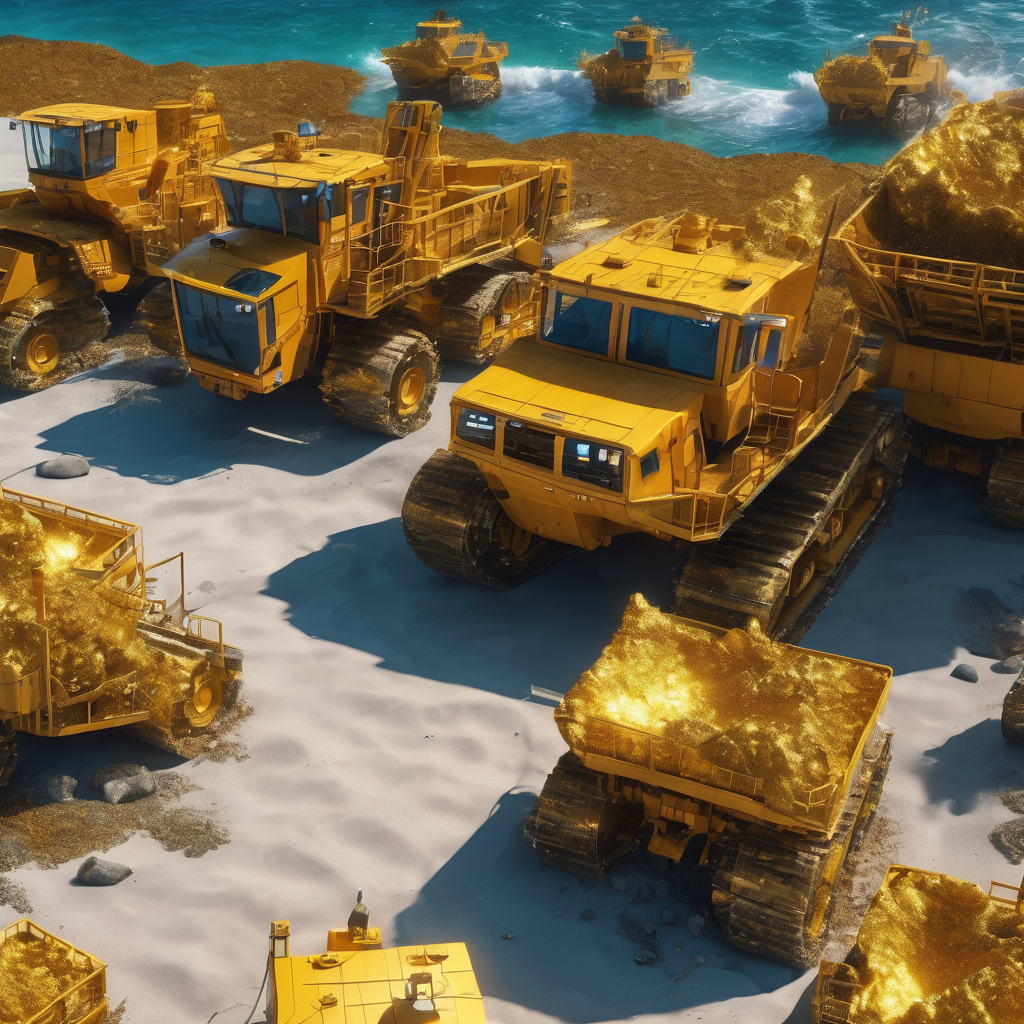STØRE AND THE SEA MINERAL FACTORY

STØRE AND THE SEA MINERAL FACTORY
Written by Tobias Waage Bremnes, municipal council, and county council representative for Venstre and studies Ecology and Natural Resource Management at NMBU.
Translator: S. Faseeha F. Gillani
I am incredibly fond of nature. In fact, I like it so much that I chose to study it. Nature for me is the late fishing trips with my dad on the quay, and all the mosquito bites that appeared in completely inexplicable places. It is hammock rides with friends, the smell of campfires and the sun coloring the sky orange at sunrise. Thoughts quickly wander to cabin trips on Hardangervidda and warm, clingy woolen clothes that itch everywhere.
Still, not all thoughts are good and nostalgic. It is difficult to think about nature without remembering that we have a government that constantly deprioritizes, and destroys, our nature. From permits for mining on the seabed, to the dismantling of nature reserves in favor of motorways, I think we can safely say that there is little good news from the Labor Party and the Center Party for us environmental enthusiasts.
The decade we are in is the world’s decade for the restoration of ecosystems, and ambitious goals have been set to protect 30% of the world’s land. This is important and correct. After all, the research is clear: we are in an acute and serious natural crisis. We have managed our land and resources badly, and this has led to a massive decline in the world’s species populations. We cannot take this lightly.
One of the things I have learned at university is that good nature management does not consist exclusively of protection or growth, but a delicate balancing act of both. It is important that our natural resources are used in a sustainable way. Because the consequences of us managing poorly are that we lose our basic financial security. Good nature management is a prerequisite for economic activity, and here I believe that the Government misses the mark.
Where the Government disappoints me the most is how they subject our marine areas to constant abuse. In June this year, the Minister of Petroleum and Energy, Terje Aasland (Ap), was able to confirm that the Government is open to extracting minerals from the seabed. This is despite massive opposition and warnings from the environmental movement, international companies and from researchers. We know little about what the consequences of mining on the seabed will be, but what we know for sure is that the ecosystems on the seabed are incredibly vulnerable.
In addition to the nature-related consequences of mining, it can also have several legal consequences. Recently WWF stated that an opening could lead to a breach of, among other things, the Convention on the Law of the Sea, the Seabed Minerals Act, the Nature Convention and the Svalbard Treaty to name a few. It also does not sit well that this is happening at the same time as Prime Minister Jonas Gahr Støre heads the International Sea Panel. Not only is this objectionable, but I also find it incredibly embarrassing.
For me, it is important that we pursue a sustainable and knowledge-based policy. Therefore, we cannot allow the opening of mining operations on the seabed as the Government is now doing. It is also important, locally and regionally, that we take care of nature and our marine areas. That is why I am proud that Venstre and the county council in Akershus prioritize work on the Oslofjord in their budget proposal. Among other things, by establishing an Oslofjord fund to increase efforts for a clean and vibrant Oslofjord.
Our marine areas cannot withstand more abuse from the Government. We must listen to the knowledge and follow up on the international agreements to which Norway has committed. That is why we must say clearly and unambiguously: No to mining on the seabed.

